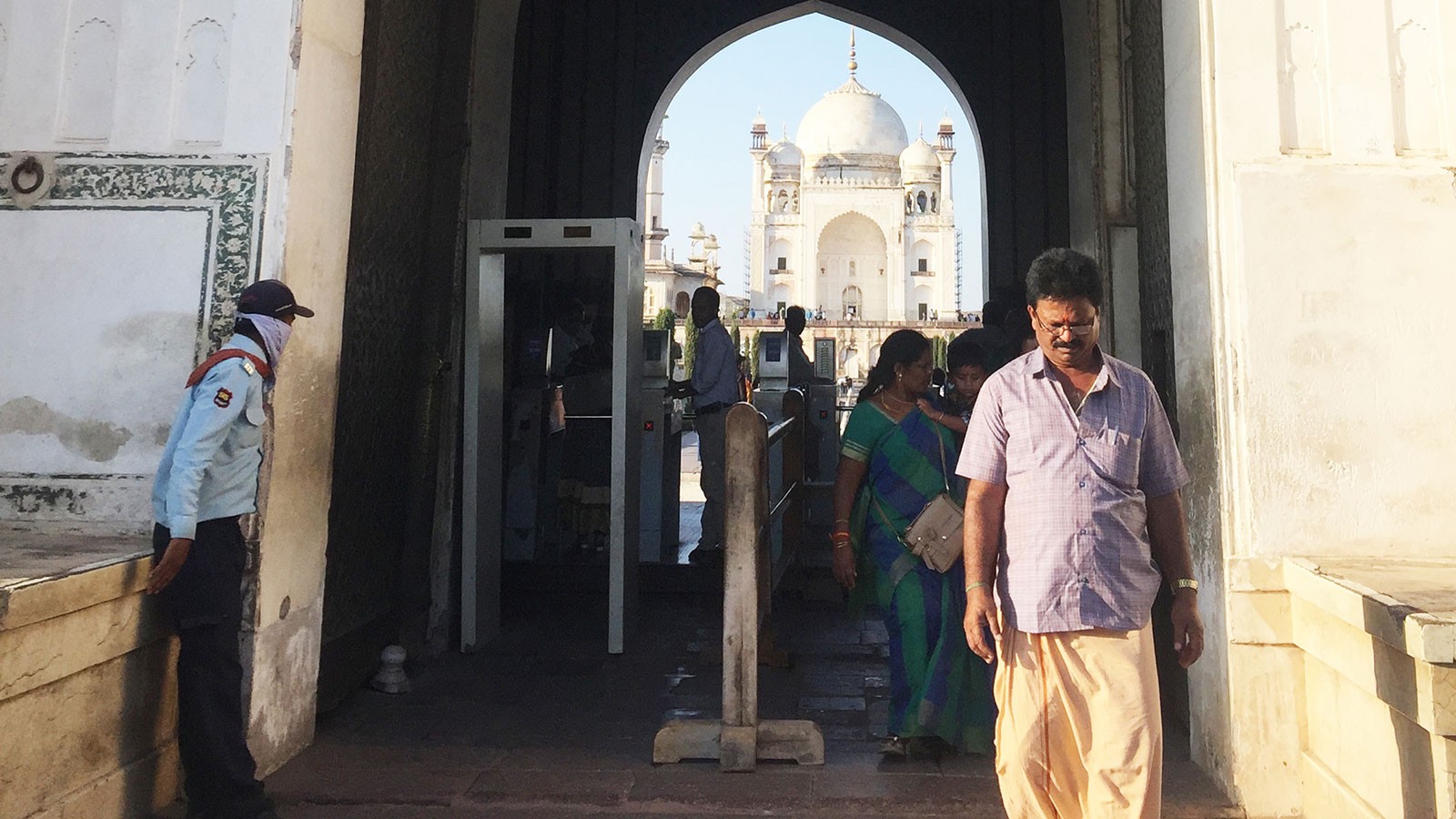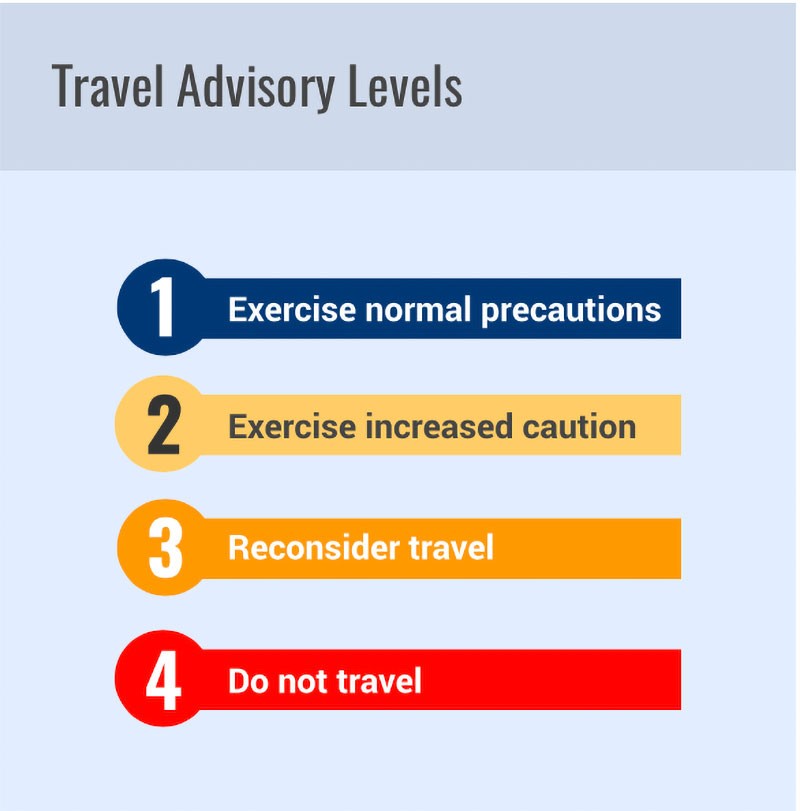USU Policy Protects International Travelers in the Face of Uncertainty
Tourists visit the Bibi Ka Maqbara tomb in Aurangabad, India, on March 11, 2020, three days before the coronavirus pandemic led to global shutdowns. International travelers from USU raced against the clock to get home before travel was banned.
Recently Utah State University’s International Travel Oversight Committee recommended approval of several spring 2022 student exchanges and programs, but they have since been cancelled due to the countries’ Department of State Travel Advisories increasing to Level 4: Do Not Travel due to the omicron COVID-19 threat and their in-country partners advising faculty to cancel.
Now, officials at USU are recommending caution before future international travel due to ever-changing risk levels, as well as health and safety concerns. The requirements for COVID-19 testing, vaccinations and quarantine vary for each country and are subject to change with little notice. Additionally, with lockdowns common in areas with high risk, trips taken — even with proper planning — could introduce financial and logistical burdens for international travelers as conditions change overnight.
For instance, in March 2020 after the coronavirus outbreak was declared a pandemic, the world responded with restricted travel and closed borders. Members of the ITOC rushed to bring home USU study abroad students and faculty from all over the world. Exchange students returned mid-semester, and students and faculty on spring break programs in Costa Rica, India and Portugal came home promptly as the pandemic unfolded.
“The uncertainty can be difficult, and travelers have to be flexible and adjust to these new COVID times,” said Monica Galvydis, the study abroad director and an ITOC member. “However, there are still great experiences to be had with the right preparation and expectations.”
Celina Wille, an assistant professor in Extension, was leading an educator program in the Philippines. The ITOC advised Wille to travel to Manila and get on a plane as soon as possible. Caroline Lavoie, a Landscape Architecture and Environmental Planning professor, was on sabbatical in a remote location in India. Family members had asked her to come home, but she was hesitant to leave until she received a message from USU’s ITOC urging her to return immediately.
It was a similar experience for students on a study abroad trip to India. These USU travelers caught the last international flights home — although some still had to navigate delays, cancelled flights and transfers to get back.
Janis Boettinger, vice provost for global engagement and USU’s ITOC chair, added the situation could be worse for students, faculty and staff who travel abroad if not for the International Travel Policy at Utah State, which was adopted in 2019. The policy requires individuals participating in international university-related travel to submit a travel authorization request, which initiates review by USU Risk Management and the ITOC.
“The purpose of this policy is to protect USU students, faculty, their families and their departments from experiencing unnecessary trauma and disruption,” Boettinger said. “Our aim is for USU travelers to have a safe and educational international experience, not one spent in quarantine or stranded far from home because of border closures.”
Following the discovery of the omicron strain in South Africa at the end of November, a new wave of international border closures, travel restrictions and flight cancelations was launched. South Africa changed from a Department of State Travel Advisory of Level 2 (Exercise Increased Caution) to Level 4 (Do Not Travel) within 24 hours.
There were no USU faculty or students in South Africa — but if there had been, they would have been stuck with no way to fly to the U.S. or visit neighboring countries. This happened to several faculty members early on in the pandemic, though they were able to rely on family.
This is why the ITOC and university’s Risk Management teams assess an exchange or study abroad program prior to departure to help USU faculty and students identify and address potential risks. If travel is approved, students and faculty should be ready to adapt, knowing that plans can be altered or canceled based on developing threats. Travelers stranded abroad should be prepared to work or study remotely and cover additional costs for COVID-19 testing, quarantine or isolation.
The ITOC was formed in 2016. It includes representatives from many university units, meets regularly to establish risk levels for international destinations, reviews proposed international university-related travel, and makes related recommendations to the president.
CONTACT
Janis Boettinger
Vice Provost and Director
USU’s Office of Global Engagement
Janis.Boettinger@usu.edu
ADDITIONAL RESOURCES
TOPICS
COVID-19 157stories International 61storiesComments and questions regarding this article may be directed to the contact person listed on this page.









